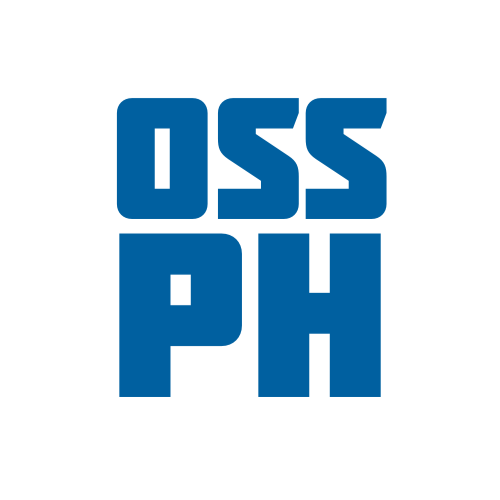Setting Up an Open Source Project
If you've considered starting your own open source project, you're probably passionate about solving a specific problem or creating a tool that others can benefit from. This guide will walk you through the key steps and considerations in setting up an open source project.

Open source software (OSS) plays a vital role in today's technology-driven world. It represents community-driven efforts where developers create, share, and collaborate on software that's freely available to the public. This democratizes software development, allowing both organizations and individuals to benefit from the collective intelligence of contributors worldwide.
If you've considered starting your own open source project, you're probably passionate about solving a specific problem or creating a tool that others can benefit from. This guide will walk you through the key steps and considerations in setting up an open source project.
1. Define Your Vision and Goals
Firstly, you should have a clear understanding of:
- Purpose: What problem does your project solve?
- Audience: Who will benefit from this project?
- Longevity: How long do you plan to maintain the project? Is it a short-term or long-term initiative?
2. Choose an Open Source License
The license you choose determines how others can use, modify, and distribute your software. Some popular licenses include:
- MIT License
- Apache License 2.0
- GNU General Public License (GPL)
Your choice will depend on how permissive or protective you want to be regarding your code.
3. Develop a Prototype
Before officially launching your project, develop a basic version of your software. This prototype doesn't need to have all the features you envision, but it should represent your project's core functionality.
4. Set Up Version Control
Utilize a version control system like Git. Platforms such as GitHub, GitLab, or Bitbucket make it easy to host open source projects and offer features beneficial for collaborative work.
5. Write Clear Documentation
Clear documentation is essential for any software project, but especially for open source ones. It should include:
- README: Introduction to your project, setup steps, and basic usage
- CONTRIBUTING: Guide for those who wish to contribute to your project
- CODE_OF_CONDUCT: The behavior expected from community members
6. Plan for Project Governance
Determine how decisions will be made, how contributors can become maintainers, and how conflicts will be resolved.
7. Set Up Communication Channels
Establish communication channels where contributors can ask questions, discuss features, and address issues. Consider platforms like Slack, Gitter, or mailing lists.
8. Engage the Community
Promote your project within relevant communities:
- Share it on social media
- Write blog posts
- Present at conferences or meetups
- Engage with those who show interest, encouraging contributions
9. Establish a Roadmap
A clear roadmap will guide contributors and users about the direction of your project. This can include planned features, bug fixes, and other improvements.
10. Implement Continuous Integration and Continuous Deployment (CI/CD)
CI/CD automates testing and deployment, ensuring that contributions don't introduce new errors and that new versions are easily accessible.
11. Be Open to Feedback
The strength of open source lies in its collaborative nature. Listen to feedback, adapt, and be open to changes proposed by the community.
12. Recognize and Celebrate Contributions
Whether it's through shoutouts, swag, or other means, recognizing contributors boosts morale and encourages continued involvement.
Launching an open source project is a fulfilling endeavor. It offers the potential to bring together a community of passionate developers and users, all working towards a common goal. By structuring your project correctly from the start, you set the foundation for a successful and collaborative environment. Remember, the open source world thrives on transparency, mutual respect, and collaboration. Embrace these values, and watch your project flourish.
About the author
Joff Tiquez, hailing from Manila, Philippines, is the individual behind the establishment of OSSPH. He is a web developer who strongly supports open source and has been overseeing projects like Vue Stripe for an extended period. To get in touch with Joff, you can visit https://jofftiquez.dev

